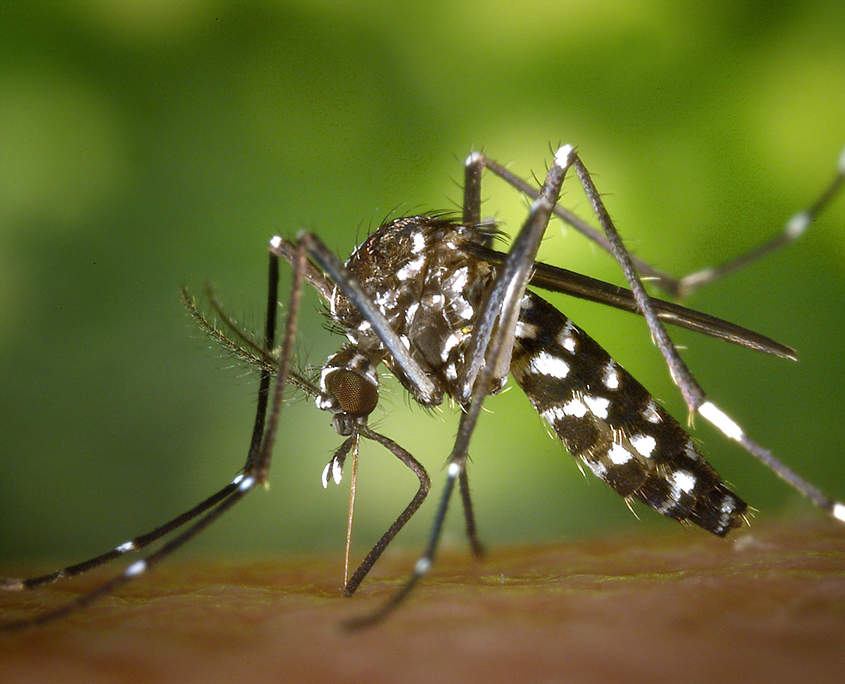Nano photograph of a mosquito
Photo Credit: Pixabay
World Malaria Day
This year, the host city for World Malaria Day is Paris, France. The theme for World Malaria Day, 25th April 2019 – #ZeroMalariaStartsWithMe – will empower individuals across the world to make a personal commitment to saving million more lives, and helping communities and economies to thrive by ending malaria.
The day is celebrated by organising events to spread awareness about malaria, preventive measures, and available treatment options. As part of the Sustainable Development Goals, ending malaria by 2030 was set as a goal, and countries committed to this. However, the global response to malaria has flat lined according to the World Malaria Day 2018 Report.
Last year, in the month of May, at the World Health Assembly, an aggressive new approach was formed to start the end of malaria. A “High Burden to High Impact” response was launched in Mozambique in November.
The elements of the approach are:
- Political commitments to resources and tangible actions that will save more lives.
- More timely and granular data will help countries use limited resources for maximum impact.
- Improved and targeted policies and strategies will empower countries to tailor the optimal mix of tools for a range of settings.
- A coordinated country response that aligns partners and engages sectors beyond health, is key to success.
According to the World Health Organisation, the WHO African Region carries a high share of the global malaria burden. In 2017, the region was home to 92% of malaria cases and 93% of malaria deaths. (World Health Organisation, 2019)
The countries that carry the highest burden of malaria are; Ghana, Cameroon, India, Burkina Faso, Niger, Nigeria, Uganda, Tanzania, Congo, Mali, and Mozambique. These countries will drive the approach to jump-start the progress against malaria. The principle that builds the “High Burden to High Impact” is that no one should die from a disease that can be prevented and diagnosed, and one that is entirely curable with available treatments.
Some efforts to end malaria are being made. A man by the name of Fredros Okumu, a researcher in rural Tanzania- Director of Science at the Ifakara Health Institute, wants to end malaria with the help of a chair alongside his team of researchers. This is because in some areas, putting on bug spray daily is expensive and impractical; his solution is to put repellent on objects people can’t live without. The fabric of the chair is made of super-absorbent material dipped in strong repellent that lasts for 6 months. The team is hoping to be successful in the coming years to offer 24/7 protection. They are also planning to apply the idea to tables and sandals.
In Kenya, a pilot programme is underway in Busia County on the use of wallpaper repellents to drive away mosquitoes. These efforts by such great minds go to prove that we can do something to fight malaria, and we should.
The World Health Organisation recently reported that 360,000 African children a year, in three African countries, will receive the world’s first malaria vaccine as part of a large-scale pilot project. The work that the vaccine does is to offer partial protection from malaria and clinical trials have found that it protected approximately 4 in 10 malaria cases. This, indeed, is good news.
We are assured to get back on track to our 2030 goals when it comes to ending malaria, depending on the actions we take now. #ZeroMalariaStartsWithMe.



